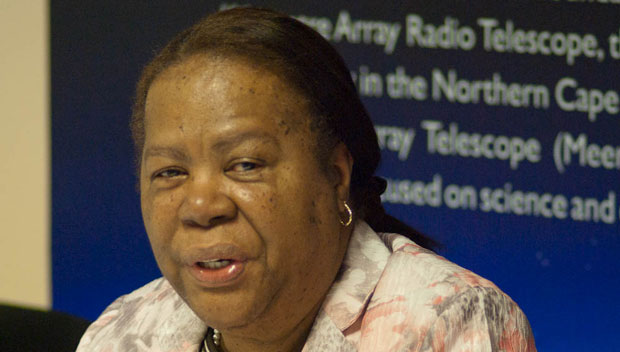
Africa’s first accelerator mass spectrometry (AMS) facility was unveiled by science and technology minister Naledi Pandor in Johannesburg on Monday.
The new facility, at iThemba Labs in Braamfontein, is being funded by Pandor’s department, the National Research Foundation and the International Atomic Energy Agency.
Accelerator mass spectrometry is a technique for measuring long-lived radioisotopes. It is used mainly for radiocarbon dating, determining the chronological age of historical artefacts, geological and hydrological samples, or, investigating biological material such as bone or tissue.
In a statement on Monday, iThemba Labs (Gauteng) head Simon Mullins said it positioned South Africa among world leaders in accelerator-based research.
“Many of the 100 or so AMS facilities worldwide cater mainly to radiocarbon dating on a commercial basis. We have chosen to focus on a research-oriented approach to the operation of our AMS lab, offering a wider range of isotope analysis which will go hand-in-hand with postgraduate training for master’s and doctoral degrees.
“For example, we will be able to accommodate 10Be [Beryllium] radioisotopes, which are commonly used in the analysis of ice cores. This is of particular importance to South Africa’s Antarctic research programme for studies into areas such as climate change.”
Mullins said the laboratory would be used for biomedical, as well as for archaeology and palaeosciences research.
“It is the only facility on the continent currently hosting its own AMS lab,” he said. — Sapa



